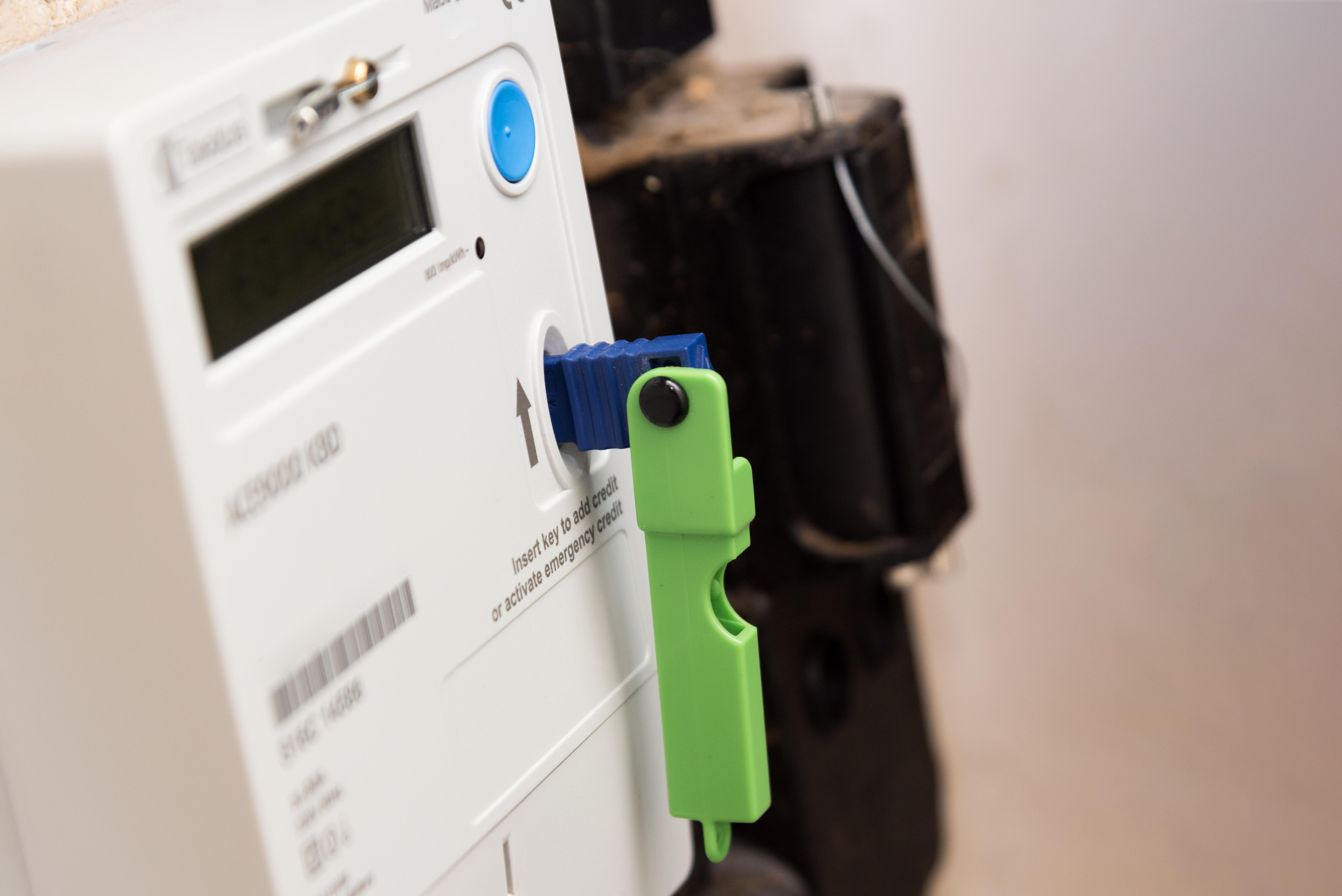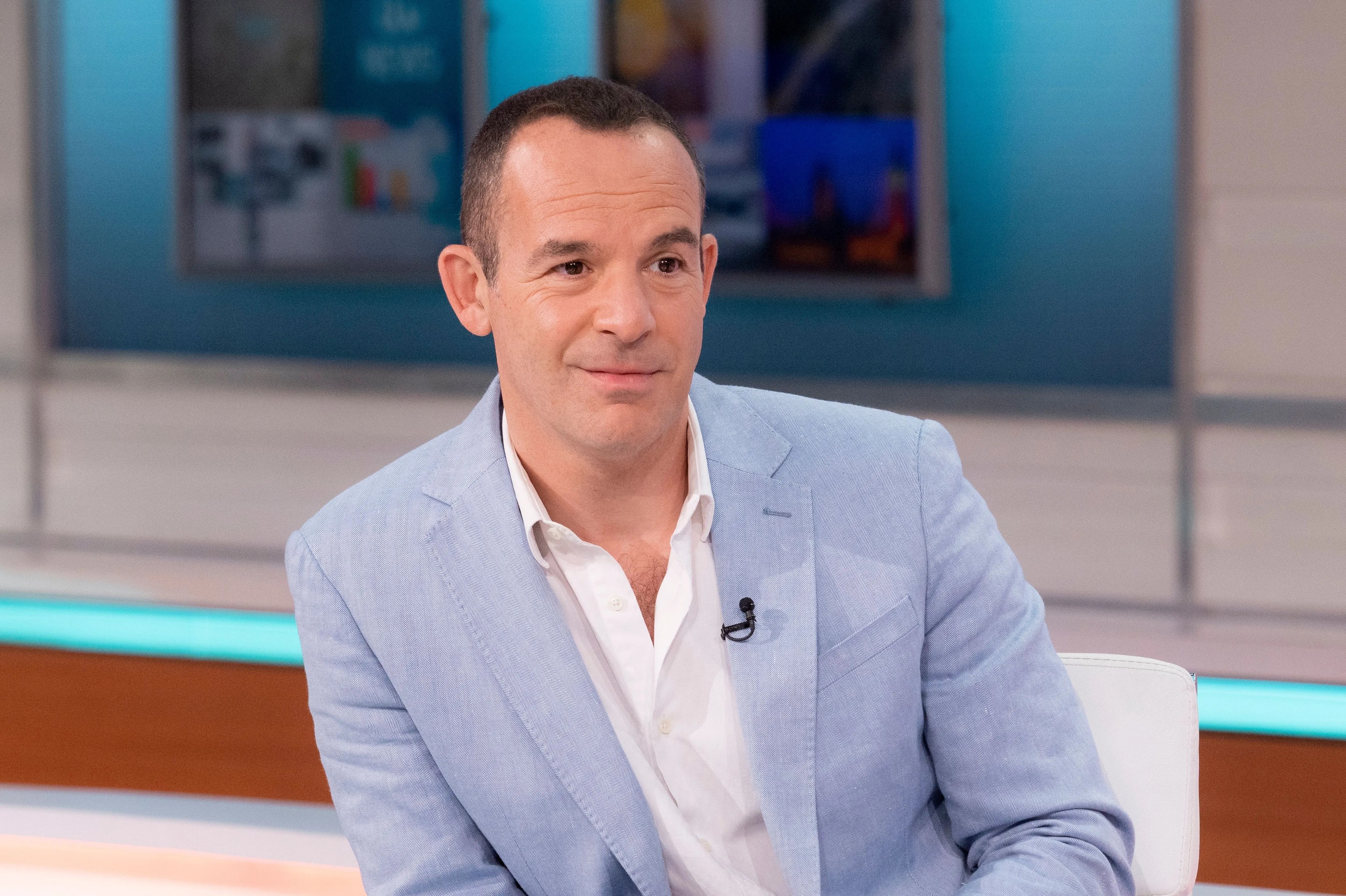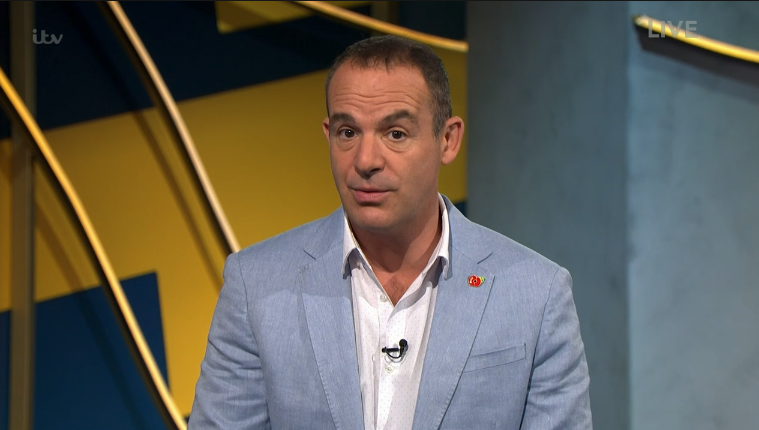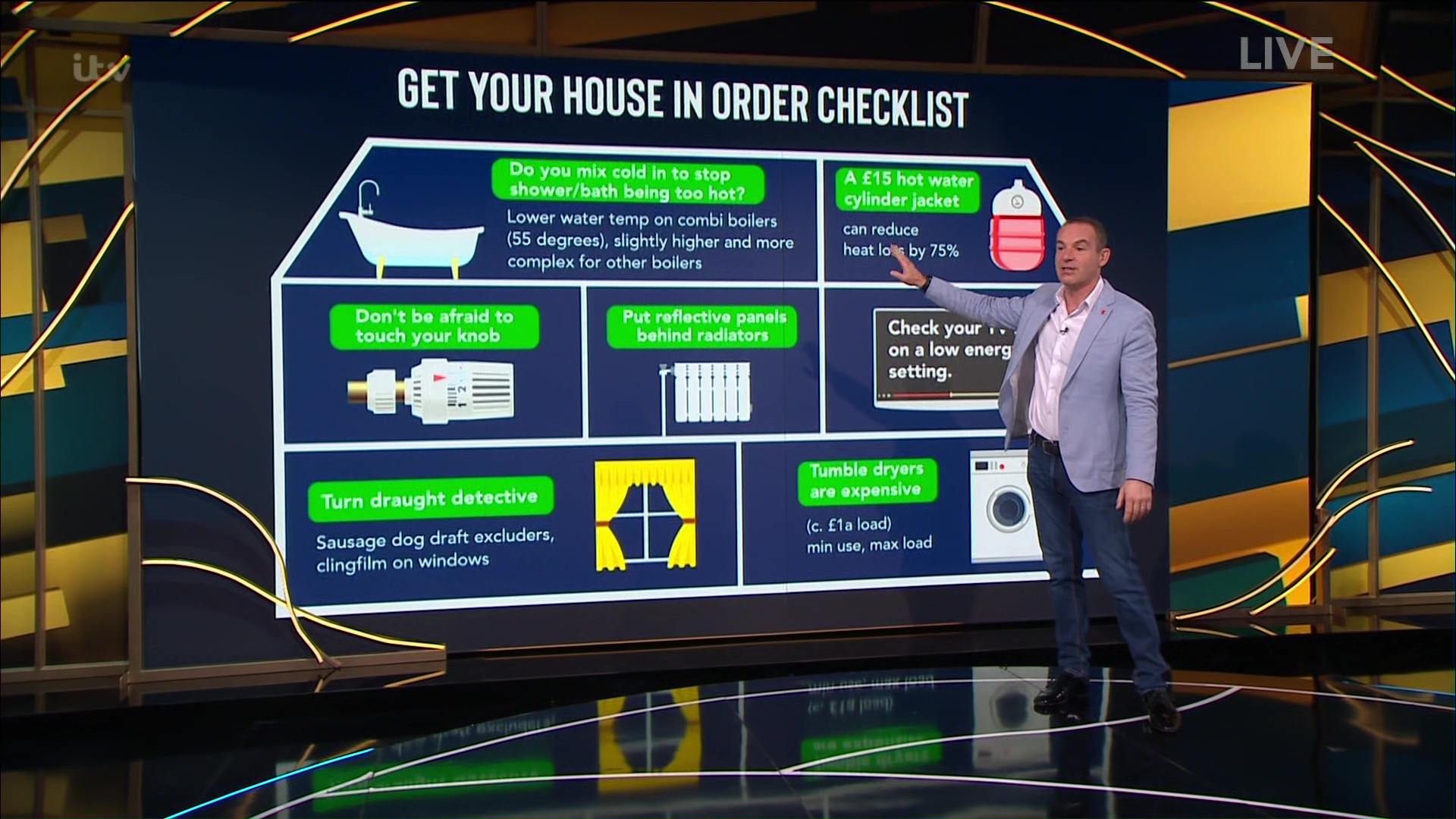MARTIN Lewis has issued a warning over a home appliance that’s the biggest energy user – and more tips you can use to reduce the cost of your energy bills.
Speaking on ITV last night, the man behind MoneySavingExpert gave his top tips on on saving cash this winter.
Martin explained that “focusing on energy efficiency” was the best way to “get your house in order” and save money.
And he warned about one home appliance that could be pushing up bills as “it’s the biggest energy user”.
He said “£1 pound a load typically [that will cost]. So really expensive to run.”
The money saving expert suggested minimising your use, maximising your load and putting it on for less time.


He also suggested getting a dehumidifier as it uses a lot less wattage.
A dehumidifier can help dry clothes by absorbing moisture in the air, though it will be slower as it’s combined with air drying.
But if you don’t have one already, of course you’ll have to cover the cost of buying one first.
You can pick one up for as little as £45 but they can run into hundreds of pounds, depending on the type you buy.
Most read in Money
You’ll still have the cost of running the device too, but it could work out as less than a tumble dryer.
According to Which? a dehumidifier costs around £30 a year to run, if you use it for one hour a day.
USwitch estimates that for big families who do three loads of washing a week, running a tumble dryer will cost £104.52 a year.
The exact cost of running either of these devices will depend on the model and how often you use them.
Martin also gave more tips for saving cash on energy bills.
Many water companies offer free water-saving devices that shave pounds off your bills too.
Contact your supplier or check out savewatersavemoney.co.uk.
Shower head
The money saving expert says you should consider fitting a free water savings shower head.
This theoretically means less water and heat is used, meaning that usage is down and cash is saved.
Energy Saving Trust said that replacing your shower head with a water-efficient one could save a four-person household as much as £38 a year on gas for water heating, as well as a further £53 a year on their water bills.
One degree challenge
Martin says to take his one-degree challenge at home and try reducing your thermostat temperature from 21 to 20C.
This could save up to 10 per cent on your heating bill, with 18C fine for healthy adults, according to the World Health Organisation.
Trying to reduce even one degree will save on your heating bill so don’t turn your thermostat up when you are cold.
It is proven by the Energy Saving Trust that reducing the thermostat temperature by one degree can reduce your fuel bill by 10%.
Uswitch has previously explained that households could make potential savings of up to £127.70, by turning down the temperature of the thermostat by just one degree.
Tactical Curtains
Martin says to use tactical and fleece-lined curtains.
He says that when the sun is shining it’s letting light and heat into the house and when it’s dark it’s not.
He advises keeping the heat in and closing the curtains and doing this regularly.
Simply putting up curtains can reduce your energy usage by as much as 15% – and could save you up to £30 a year on your bills at the same time.
We’ve explained how using your curtains can slash your energy bills in full.
Boiler challenge
The Moneysavingboilerchallenge.com is of key interest to the expert.
Martin advises how to turn down the flow rate on combi boilers which most people own.
He said you should want the temperature to be around 60C but most people have set it higher – this is inefficient and wastes heat.
The average household sets their combination boiler water flow temperature between 75°C and 80°C.
But if households were to drop this temperature to 60°C they could slash their gas consumption by 9% – saving households over £100 a year, according to Nesta.
Fridge check
According to Martin, you should check your fridge for its temperature regularly.
Martin advises a fridge to be 5C while a freezer should be -18C.
If it’s colder you are wasting more than is needed.
But experts at Beko advised the “ideal temperature” to set your fridge at is between 2.2 and 3.3 degrees Celcius for maximum efficiency.
Bath water
Martin says to save money you should not cool down the hot water in your bath because it’s too hot.
Instead, he says you should wait for it to cool naturally instead of wasting heating the water by diluting it straightaway.
Households can also save up to £100 a year on their water bills by using a bathwater barrier.
We’ve listed a further four tips so you can save £100’s on your water bill every year.
Hot water jacket
The expert says a hot water cylinder jacket on your boiler helps save money by reducing heat loss – this is a sure-fire way to cut costs.
Insulating your hot water cylinder is an easy way to save energy. You need a jacket at least 80mm thick.
A British Standard jacket will do the job perfectly and you can pick one up for as little as £19 and slash your energy bills by £20 a year.
We’ve listed further tips on how to insulate your home.
Central heating
Martin says don’t be afraid to check your central heating regularly.
Turning on central heating in rooms we don’t use is a bad habit among many of us – so make sure it’s off.
You only want radiators on in the rooms you’re using and it’s an easy hack that we don’t all use.
You could save up to £70 a year by turning off radiators in empty rooms.
We’ve listed other tips to slash your energy bills by up to £250 a year.
Reflective radiators
The finance guru says that putting reflective panels on radiators can cut down on heat loss and save money.
Fitting radiator foil – or tin foil – behind your radiator will save you around £25 a year on your bills, Sunny said.
B&Q sells building foil for just £11.67, or you can pick up some from your local supermarket for just 60p.
We’ve listed four further radiator tricks that can help slash your energy bills.
Cut down TV usage
TVs are used for four hours a day on average according to the expert.
Martin advises putting your TV on a low-energy setting to save money.
This can help slash your electricity bills as it’s estimated that some TVs can cost up £36 a year to run.
We’ve listed exactly how much your TV costs to run and how to cut costs.
Draught detective
Martin Lewis said that households should find draughts and block them.
We’ve tested draught excluders from shops like The Range and Next so you don’t have to.
Draughts can cause consistent heat loss throughout your house if they are not sorted out.
You can also place clingfilm on windows when its get really cold.
It comes as Martin how some households may be able to slash direct debits on energy bills this winter.
The personal finance guru told viewers that they have a right to have their energy direct debit reduced if they think they’re too high.
He advised struggling bill payers to take regular meter readings and use an online direct debit calculator to estimate what they should be paying based on usage.
Martin said that the average direct debit should be double what they were last year – so if it much higher than that Lewis urged viewers to “politely” call their energy companies to query it.
He added that if the company cannot justify the rise, they are bound by its license to reduce it.
However, be careful not to end up in debt to your supplier by lowering your energy bill by more than is necessary.


Under the Government’s Energy Price Guarantee, the average household will pay no more than £2,500 a year on their energy bills.
However, as Martin reminded viewers, this is not a cap on total cost but on unit prices – so if you use more energy, expect to pay more.


